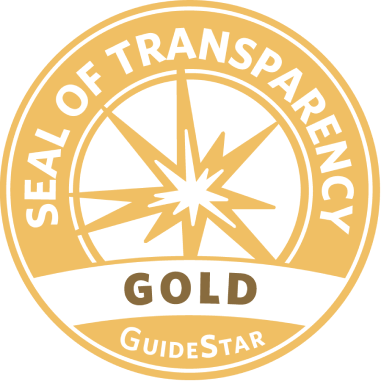In countries like Iran and Afghanistan, speaking the truth can be a dangerous act. Journalists who dare to report on women’s rights face intimidation, violence, imprisonment, and even death. Their work is essential—they bring the voices of oppressed women to the world, exposing injustices that those in power would rather keep hidden. But at the Omid Foundation, we have seen how costly this bravery can be.
Silencing the Truth in Iran and Afghanistan
Both Iran and Afghanistan have a long history of repressing the press, but since recent political shifts, the situation has become even more dire. Women journalists, in particular, face double threats: persecution for their profession and for their gender.
In Iran, authorities tightly control the media. Journalists who cover protests, government abuses, or women’s rights issues are frequently arrested. Many are accused of spreading “propaganda against the state” or “inciting public disorder”—charges that can lead to long prison sentences. The recent “Woman, Life, Freedom” protests after the death of Mahsa Amini saw a surge in arrests of female reporters who documented the movement.
In Afghanistan, since the Taliban’s return to power in 2021, press freedom has almost disappeared. Women journalists have been forced out of their jobs, newsrooms have shut down, and independent reporting is nearly impossible. The few who continue to report face daily threats, and some have been attacked or disappeared.
The Dangers of Reporting on Women’s Rights
Covering women’s rights is particularly dangerous because it directly challenges the authorities’ control. Journalists who document abuses against women—such as bans on education, domestic violence, or public executions—are seen as enemies of the state.
Some of the risks they face include:
- Arrests and Imprisonment – Journalists are detained without trial, often subjected to torture and solitary confinement.
- Violence and Intimidation – Many face beatings, raids on their homes, and threats against their families.
- Forced Exile – Some are forced to flee their countries, leaving behind their homes and loved ones.
- Censorship and Shutdowns – Entire news organizations have been banned for covering sensitive topics, and internet blackouts are used to silence independent media.
Despite these dangers, many journalists refuse to stop their work. They continue to publish articles in secret, report from exile, or find ways to keep women’s stories alive through underground channels.
Why Their Work Matters
Without these brave reporters, the world would not know the full extent of the oppression women face in Iran and Afghanistan. Their work holds governments accountable, gives women a platform to share their stories, and keeps hope alive for change.
At the Omid Foundation, we support these efforts by amplifying the voices of women and journalists who risk everything for the truth. We believe that no one should be punished for reporting on human rights.
Now more than ever, the world must stand with these journalists. Their words are their weapon—and their silence would be our greatest loss.

